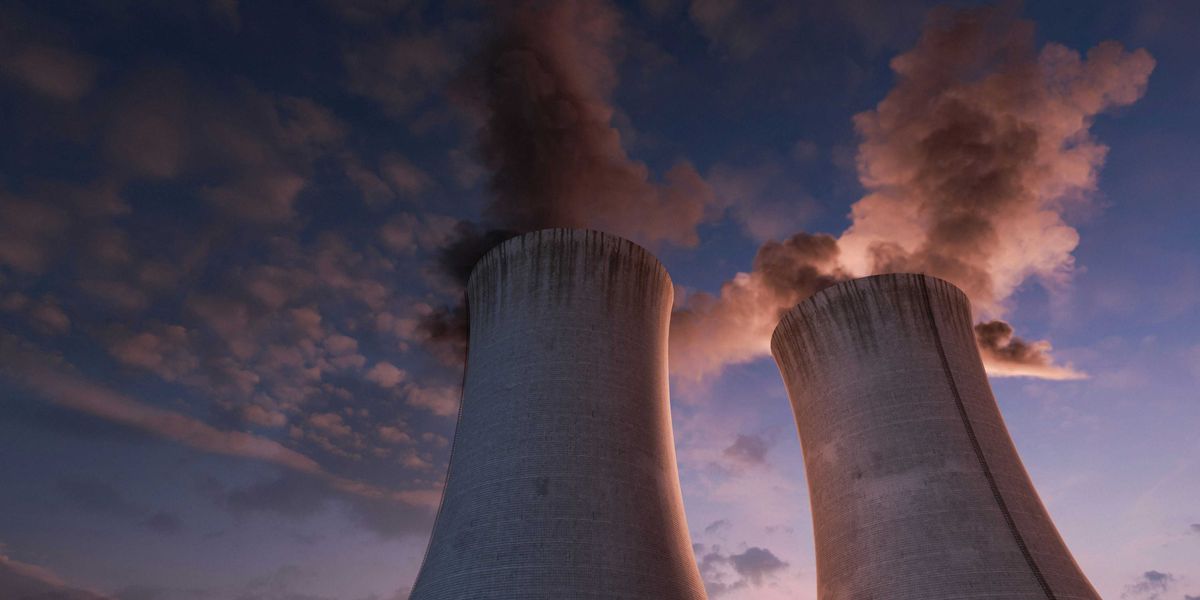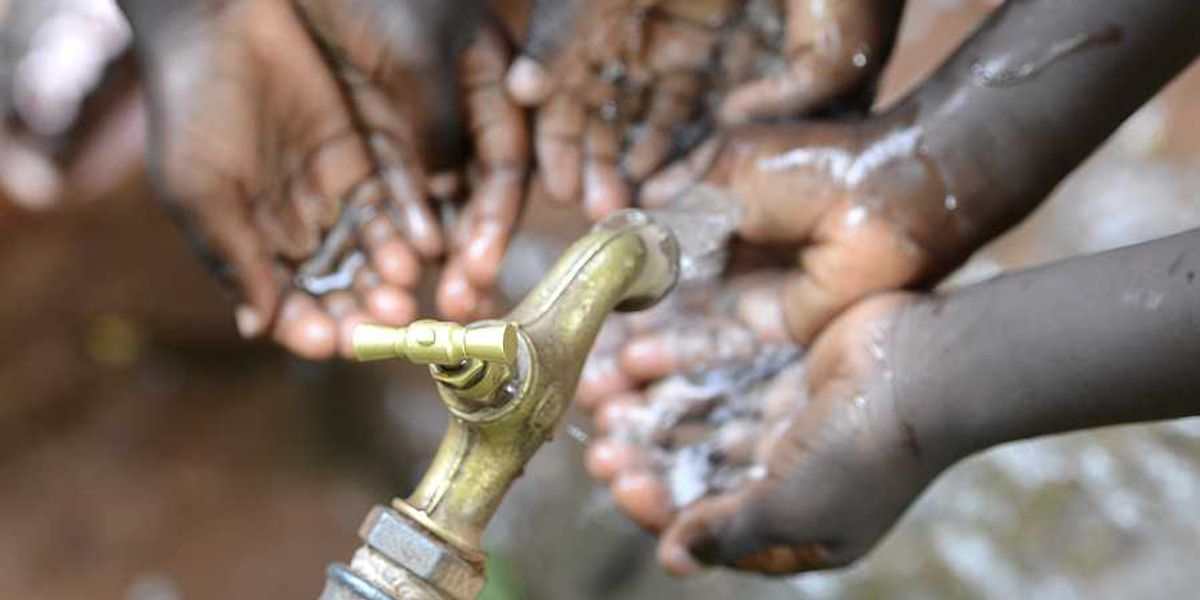lithium mining
Federal judge halts Arizona lithium drilling amid tribal concerns
A federal judge temporarily stopped exploratory lithium drilling in Arizona after the Hualapai Tribe argued it would harm sacred lands.
In short:
- The Hualapai Tribe and environmental groups sued to stop drilling near sacred springs in northwestern Arizona.
- The tribe argues the Bureau of Land Management's approval violated laws protecting historic and cultural sites.
- A hearing on a longer-term injunction is scheduled for September 17 in Phoenix.
Key quote:
“Like other tribal nations who for centuries have stewarded the lands across this country, the Hualapai people are under siege by mining interests trying to make a buck off destroying their cultural heritage.”
— Laura Berglan, Earthjustice lawyer
Why this matters:
The case highlights the conflict between green energy initiatives and the preservation of Indigenous cultural sites, raising questions about the balance between environmental progress and respecting sacred lands.
Related:
Rio Tinto faces growing opposition to Serbian lithium mine
Tensions are escalating over Rio Tinto’s plans for a major lithium mine in Serbia, with locals fearing environmental destruction and geopolitical manipulation.
In short:
- Rio Tinto’s stalled lithium project in Serbia has sparked widespread protests due to environmental concerns and political controversies.
- The Serbian government initially canceled the project but reversed course under EU pressure, reigniting public anger.
- Critics accuse the West of using the mine to pull Serbia away from Russia while sacrificing local environmental safety.
Key quote:
“I don’t need green cars. I need green apples and green grass.”
— Angela Rojovic, protester.
Why this matters:
The conflict highlights the tension between global environmental goals and local concerns. It also underscores the geopolitical tug-of-war over critical resources like lithium.
Related: In push to mine for minerals, clean energy advocates ask what going green really means
The US funds lithium mining, risking water supplies
Federal funding for lithium mining under the Inflation Reduction Act is raising concerns about environmental impacts on water supplies.
In short:
- The Inflation Reduction Act and other federal programs provide significant funding for lithium mining to meet the demand for electric vehicle batteries.
- Lithium mining methods, such as brine evaporation and hard rock mining, pose substantial risks to groundwater supplies and biodiversity.
- Local communities and environmentalists are opposing new mining projects, fearing long-term ecological damage and threats to sacred Indigenous sites.
Key quote:
"We need lithium as a part of our transition off of fossil fuels, but it can’t come at the expense of biodiversity or our most precious protected areas."
— Patrick Donnelly, Center for Biological Diversity
Why this matters:
Increased lithium mining is critical for the energy transition, but it threatens water resources and ecosystems, especially in arid regions. Effective regulations and alternative battery technologies are needed to balance environmental concerns with energy needs.
A Nevada community fights lithium mine to protect rare fish and water resources
A Nevada community is uniting to fight a proposed lithium mine that threatens the scarce water resources vital to the rare Devil’s Hole pupfish and other local species.
In short:
- The Ash Meadows Wildlife Refuge, known as the "Galapagos of the Mojave Desert," is home to 26 endemic species, including the endangered Devil’s Hole pupfish.
- A proposed lithium mine near the refuge could significantly deplete water resources, endangering the wildlife and local community wells already running dry.
- Local residents, environmentalists, and tribal leaders are leveraging the Endangered Species Act to oppose the mine, seeking federal intervention to protect the area.
Key quote:
“We want to save Ash Meadows, but Ash Meadows is going to save us.”
— Carolyn Allen, chair of the Amargosa Valley Town Board
Why this matters:
The proposed lithium mine could devastate the fragile ecosystem and water supply in one of the hottest and driest regions of the U.S., highlighting the ongoing conflict between renewable energy development and environmental conservation.
Plans for lithium project raise environmental concerns in Utah
An Australian company’s plan to extract lithium in Utah faces criticism over water usage and potential radioactive contamination.
In short:
- The Utah Division of Water Resources approved A1 Lithium’s application to drill wells near Green River.
- Environmental groups argue the project’s high water usage and proximity to a radioactive aquifer pose risks.
- A1 Lithium asserts the project will be environmentally sustainable and provide local jobs.
Key quote:
“There’s a lot of uncertainty. I’m not anti-lithium. I’m pro public welfare.”
— Kyle Roerink, executive director of the Great Basin Water Network
Why this matters:
Lithium extraction is vital for electric vehicle production, but it raises environmental and public health concerns, particularly regarding water usage and contamination risks. Lithium extraction is notoriously water-intensive, raising alarms in an already arid state where water scarcity is a pressing issue. Local communities and environmental advocates argue that diverting water for mining operations could exacerbate the drought conditions affecting Utah.
New approach to lithium mining sparks environmental concerns
A lithium mining technique promises environmental benefits but raises concerns over water use and safety in Utah.
In short:
- A test well for a new lithium mining process in Green River, Utah, unexpectedly released water and CO2, causing local concerns over water supply impacts.
- The direct lithium extraction (DLE) method, though potentially less damaging than traditional mining, remains unproven on a large scale in the U.S.
- Critics question the long-term environmental impact of DLE, especially regarding water consumption in the already arid Southwest.
Key quote:
"We are not opposed to lithium. We are opposed to unsustainable and dangerous appropriations of water under the false assumptions that this new technology is absolutely harmless."
— Kyle Roerink, executive director for the Great Basin Water Network
Why this matters:
As the global demand for lithium continues to surge with the transition toward greener energy sources, the industry faces the challenge of balancing the need for this critical mineral with the imperative to protect water resources and ensure sustainable practices.
In push to mine for minerals, clean energy advocates ask what going green really means.
Biden’s EV agenda hits mining world’s boom-and-bust cycle
With a dramatic decline in lithium prices over the last year, companies are putting projects on hold, even as the Biden administration is trying to juice domestic mining and processing sector for critical minerals.









